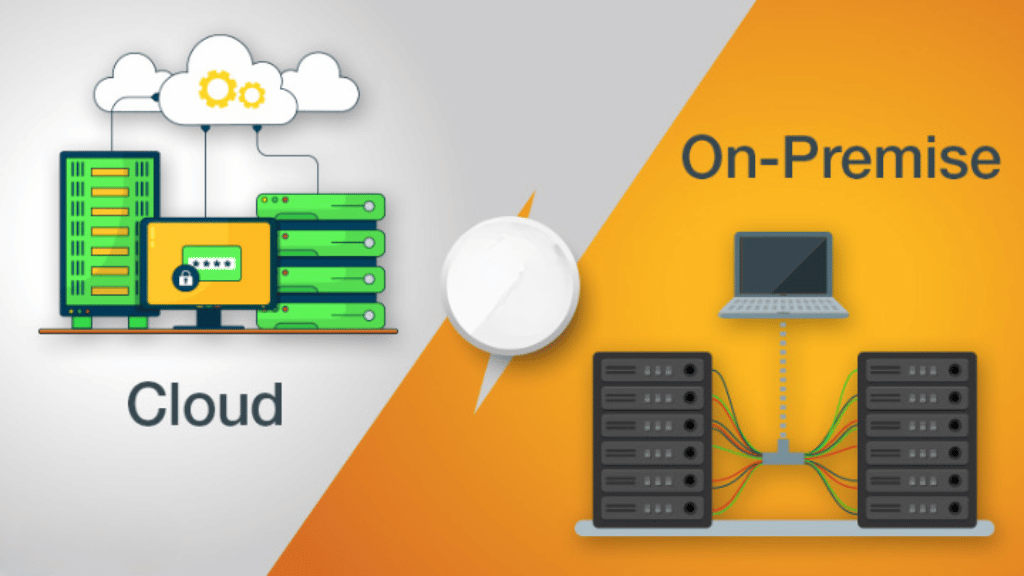On-Premises vs. Cloud PBX: Differences & Pros and Cons

Selecting a suitable phone system for business can be daunting. The two most prevalent options are on premise PBX and cloud PABX. Though both manage business calls and communication needs, they function in varying manners. Let’s dissect what each one is, what they differ in, and what is great or not-so-great about them.
What is On Premise PBX?
An on premise PBX is a physically installed phone system. You purchase the hardware, install it, and do everything yourself or have your IT department do it. It can use phone lines or the internet for connection, but you are in charge of everything.
Pros:
- You have complete control over your phone system
- The data remains on-site, which can make it feel safer
- It works even when your internet connection is out
Cons:
- High initial investment in hardware and installation
- Requires in-house IT personnel to support it
- Difficult to upgrade or extend as your business expands
Also Read: Cloud PBX Deployment & Architecture: Exploring the Best Options for Your Channel Strategy
What is Cloud PABX?
A provider hosts a cloud PABX online. There is no hardware within your office. All runs over the internet, and updates, maintenance, and storage are taken care of by the provider. Your staff simply logs in and begins making calls.
Pros:
- Significantly reduced initial costs
- You can easily scale up as your company expands
- Ideal for remote or hybrid workspace configurations
Cons:
- Strong internet is needed for uninterrupted calls
- You are dependent on your provider for system maintenance
- Your information is kept out of your office, so you must have faith in their security
Which One Should You Pick?
If your business already has a robust IT department and would rather own its tools, an on premise PBX would be more suitable for you. But if flexibility and simplicity in upgrades matter and you do not want to keep track of hardware upkeep, a cloud PABX is the more intelligent option.
Conclusion
Ultimately, it comes down to how your business operates today and what it will do tomorrow. At The Node IT, we recommend considering team size, budget, and technical support before making a choice.







